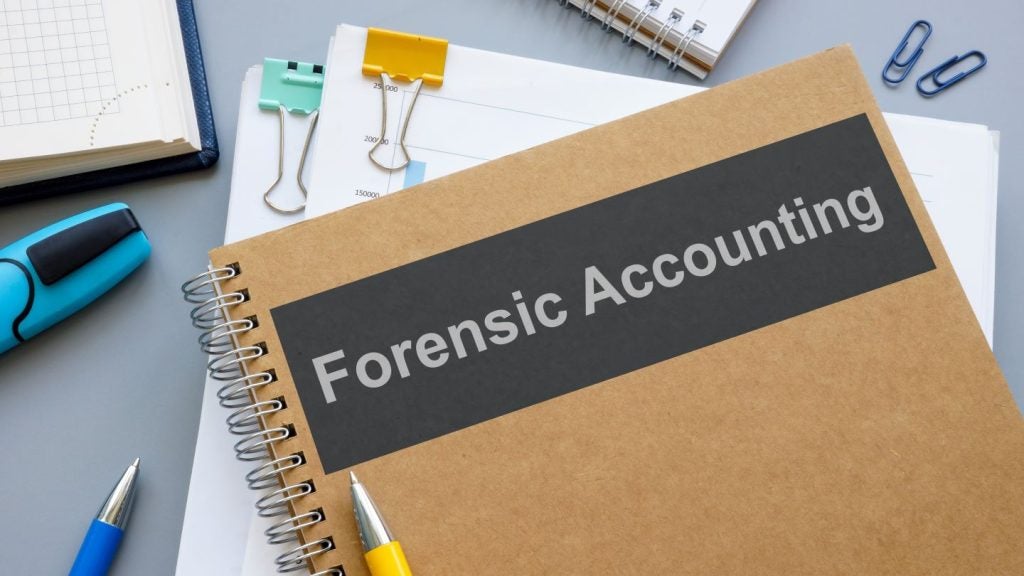
Whistleblower reports to HMRC have surged 47% in the past year, from 106,920 in 2021/22 to 157,270 in 2022/23 shows new research by international law firm RPC.
RPC partner and head of tax disputes, Adam Craggs, has stated that the vast scale of fraud against the government’s COVD-19 assistance schemes might be a major driver in the large increase in whistleblower reports to HMRC.

Access deeper industry intelligence
Experience unmatched clarity with a single platform that combines unique data, AI, and human expertise.
HMRC is responsible for investigating furlough fraud. The National Audit Office has estimated that at least £7.3bn was lost to fraudsters taking advantage of the furlough scheme and Eat Out to Help Out initiative.
Craggs added: “The furlough scheme was a magnet for fraudsters with significant sums lost in the public purse. The general public is understandably outraged by that, and this sense of outrage may be a driver in this large increase in reports of suspected fraud to HMRC.
“Reports of tax fraud will come from a diverse range of sources, such as disgruntled and former employees, former partners/spouses, customers and competitors.”
Craggs further noted that HMRC is closing the net on tax fraud. Improvements in internal systems, such as HMRC’s new ‘Connect’ AI technology, and international cooperation are helping HMRC to crack down on tax fraud.

US Tariffs are shifting - will you react or anticipate?
Don’t let policy changes catch you off guard. Stay proactive with real-time data and expert analysis.
By GlobalDataRPC partner, Michelle Sloane, noted that while the increase in fraud reports suggests HMRC is successfully encouraging whistleblowers to come forward, more can be done. HMRC currently pays whistleblowers on an ‘ad hoc’ basis, whereas standardising payments would likely mean a higher quality of evidence being passed to the tax authority.
Sloane points to the US Internal Revenue Service (IRS) which pays whistleblowers 15-30% of additional tax collected as a consequence of successful investigations initiated with whistleblower information. The IRS paid 132 informants a total of $37.8m in 2022 – 58 times the amount paid by HMRC over the same period.
Sloane explained: “Paying informants is likely to increase the number of investigations, and will improve the quality of information HMRC receives.
“The IRS has shown that financial incentives lead to successful investigations. HMRC should seriously examine this option if it wants to decrease the amount of money lost as a result of tax fraud.”






